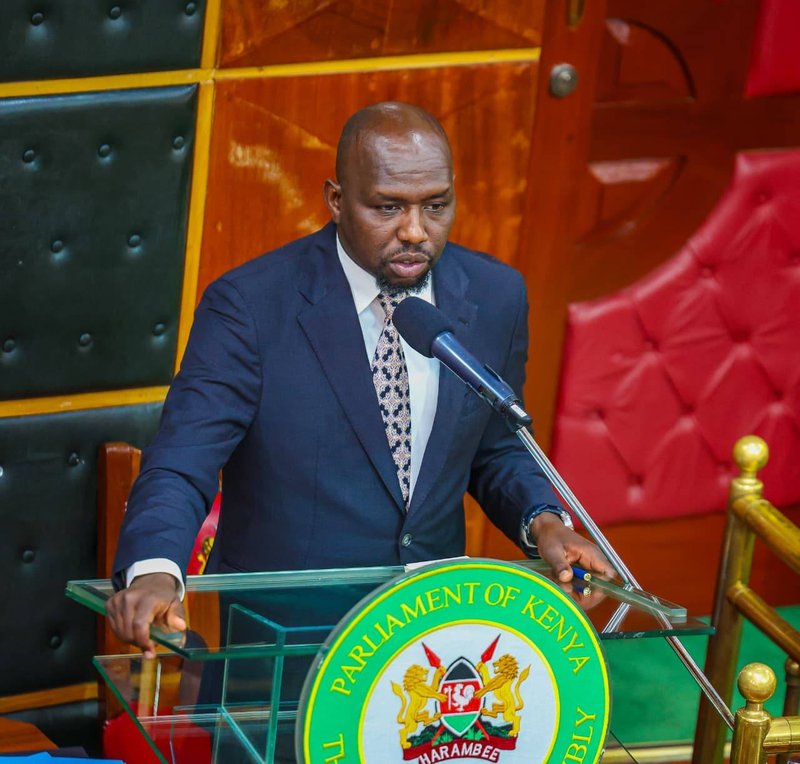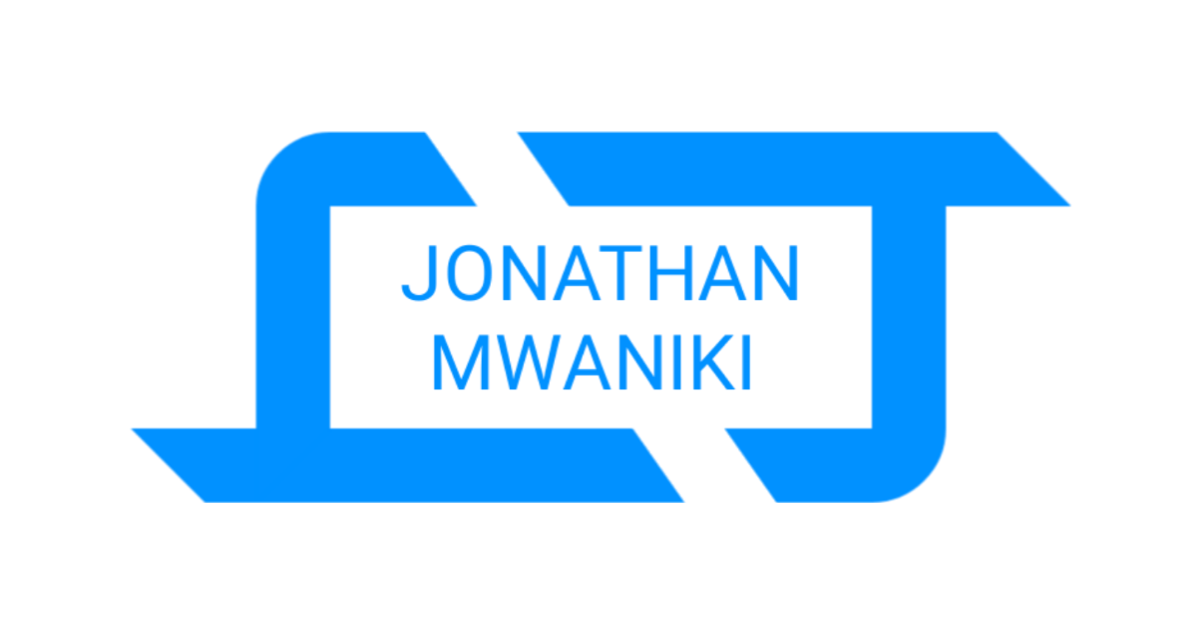The Kenyan government’s vehement denial of a BBC investigation exposing child sex trafficking has revealed a disturbing pattern of institutional cover-ups and potential complicity in human rights violations. Interior Cabinet Secretary Kipchumba Murkomen’s dismissal of the BBC Africa Eye documentary as a “hoax” represents not just an attack on press freedom, but a dangerous attempt to silence victims and protect corrupt networks operating within Kenya’s borders.

The BBC Investigation: Uncovering a Horrific Reality
The BBC Africa Eye documentary, titled “Madams: Exposing Kenya’s Child Sex Trade,” released on August 4, 2025, revealed shocking evidence of child sexual exploitation in Maai Mahiu, a transit town in Kenya’s Rift Valley. The investigation, conducted over several months by undercover reporters, exposed women known as “madams” who were trafficking children as young as 13 for sexual exploitation.
The documentary captured disturbing footage of a woman identified as Nyambura laughing as she stated, “They’re children, it’s easy to manipulate them by just handing them sweets.” She admitted to having a 13-year-old girl who had been “working” for six months, describing how “prostitution is a cash crop in Maai Mahiu; truckers basically fuel it.”
The BBC investigation followed proper journalistic protocols, submitting all evidence to Kenyan authorities in March 2025, months before the documentary’s release. The footage included clear evidence of criminal activity, with perpetrators openly acknowledging the illegal nature of their actions while introducing investigators to underage victims.

Government’s Aggressive Counter-Narrative
Instead of taking decisive action against the perpetrators, the Kenyan government launched an unprecedented attack on the BBC and its investigation. CS Murkomen’s parliamentary statement on August 13, 2025, represented a coordinated effort to discredit the documentary through several concerning tactics:
Victim Blaming and Age Falsification Claims: Murkomen alleged that the women featured in the documentary were adults who “falsified their ages” to qualify for a “promised sponsorship program” by the BBC. This narrative conveniently ignores the fact that the BBC clearly stated all survivors interviewed were over 18 and were recounting experiences of abuse that occurred during their childhood.
Financial Incentive Allegations: The government claimed the BBC offered “substantial payments and lifestyle benefits” to participants, despite the broadcaster’s categorical denial and clear statement that “none of the contributors featured in this film were paid, offered payment or ‘coached’ in any way.”
Threats Against Journalists: Most alarmingly, Murkomen warned that “police action could be taken against the journalists behind the documentary,” representing a direct threat to press freedom and potentially criminal intimidation of international journalists conducting legitimate investigations.
Illegal Interrogation of Victims: A Clear Rights Violation
Perhaps the most disturbing aspect of the government’s response was the treatment of trafficking survivors by the Directorate of Criminal Investigations (DCI). The BBC expressed serious concern that “survivors of childhood sexual abuse who contributed to the film were interviewed at length by investigators from the Kenya Directorate of Criminal Investigations without the presence of legal representation.”
This represents a clear violation of Kenyan law and international human rights standards. Under Kenya’s constitution and legal framework, individuals have specific rights to legal representation during questioning, particularly vulnerable victims of serious crimes. The DCI’s actions in interrogating trafficking survivors without legal counsel present several serious issues:
-
Re-traumatization of Victims: Subjecting childhood sexual abuse survivors to intensive questioning without proper support violates established victim protection protocols.
-
Constitutional Violations: Kenya’s Constitution guarantees the right to legal representation, particularly for vulnerable individuals.
-
Intimidation Tactics: The extensive questioning appears designed to discredit victims rather than seek justice for crimes committed against them.
-
Compromised Investigation Integrity: Proper criminal investigations require protecting victim rights, not violating them.

Pattern of Institutional Cover-ups
The government’s response to the BBC documentary follows a disturbing pattern of Kenyan authorities attempting to silence investigative journalism that exposes serious crimes and human rights violations. This is not an isolated incident:
Previous BBC Investigations: Kenya has previously attempted to discredit BBC investigations, including documentaries on police brutality during anti-government protests, suggesting a systematic approach to attacking press freedom when investigations expose state failures.
Corruption and Complicity: Research documents have identified “corruption among law enforcement authorities and other public officials” as hampering efforts to combat trafficking, with “credible claims that, in certain areas, police officials were complicit in trafficking activities.”
Systemic Failures: The government’s focus on attacking the messenger rather than addressing the message reveals institutional unwillingness to confront serious crimes occurring within its borders.
Dangerous Implications for Child Protection
The government’s aggressive denial and victim intimidation tactics have created a dangerous environment for child protection in Kenya:
Chilling Effect on Reporting: The treatment of BBC journalists and survivors sends a clear message that reporting child abuse will result in government retaliation rather than protection.
Emboldening Criminals: By dismissing documented evidence of child trafficking as “fake,” the government effectively provides cover for criminal networks to continue operating.
Destroying Trust: The intimidation of victims undermines public confidence in law enforcement’s ability to protect children and prosecute traffickers.
International Implications: Kenya’s response damages its international reputation and could affect cooperation with international child protection efforts.
Government Complicity and Corruption Concerns
The intensity of the government’s response raises serious questions about potential official complicity in trafficking networks. Several factors suggest deeper institutional involvement:
Coordinated Response: The government’s immediate, coordinated attack on the BBC suggests advance knowledge and preparation, rather than genuine surprise at the allegations.
Focus on Discrediting Rather Than Investigating: Instead of using BBC evidence to identify and prosecute traffickers, authorities focused exclusively on undermining the investigation’s credibility.
Intimidation of Witnesses: The illegal interrogation of survivors appears designed to discourage testimony rather than gather evidence for prosecutions.
Lack of Arrests: Despite clear evidence provided by the BBC in March 2025, no arrests have been made of the perpetrators clearly identified in the documentary.
Women governors have condemned the exploitation and specifically called for accountability of “law enforcement officers who have failed in their duty or have enabled those crimes through complicity or corruption.” This acknowledgment from within government circles confirms concerns about official involvement.

International Legal and Human Rights Implications
Kenya’s response to the BBC investigation violates multiple international obligations and domestic legal requirements:
Constitutional Violations: Article 53 of Kenya’s Constitution guarantees children’s rights, including protection from abuse, neglect, and all forms of violence and exploitation.
International Treaty Obligations: As a signatory to the UN Convention on the Rights of the Child and other international instruments, Kenya has binding obligations to protect children and prosecute traffickers.
Press Freedom Violations: Threatening journalists for conducting legitimate investigations violates international press freedom standards and Kenya’s own constitutional protections.
Victim Rights Violations: The illegal interrogation of trafficking survivors violates both domestic and international victim protection standards.
Conclusion: A Test of Kenya’s Democratic Institutions
The Kenyan government’s response to the BBC child trafficking investigation represents a critical test of the country’s democratic institutions and commitment to human rights. The evidence suggests a systematic attempt to cover up serious crimes through:
- Aggressive attacks on press freedom
- Illegal intimidation of trafficking victims
- Threats against international journalists
- Coordinated disinformation campaigns
- Failure to prosecute documented criminal activity
This scandal exposes dangerous cracks in Kenya’s child protection system and reveals how official corruption and complicity can perpetuate the most serious crimes against the most vulnerable members of society. The international community must demand accountability not only for the trafficking crimes documented by the BBC, but also for the government’s subsequent violations of victims’ rights and press freedom.
Until Kenyan authorities demonstrate genuine commitment to justice by prosecuting traffickers, protecting victims, and respecting press freedom, the children of Maai Mahiu and countless others across Kenya remain at risk from both criminal networks and the officials sworn to protect them.
